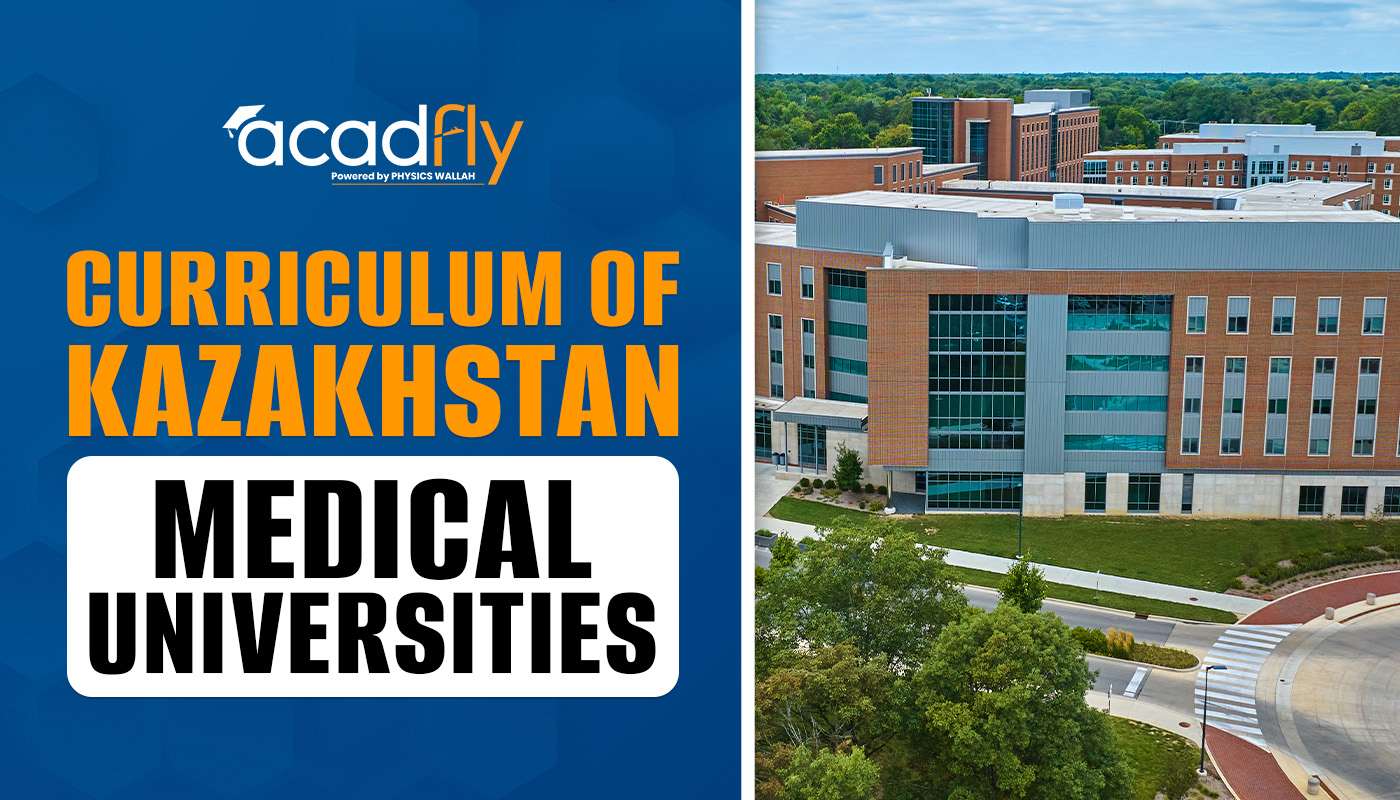

Why Study in Norway
Norway is an increasingly popular destination for international students due to its high-quality education system, modern facilities, and a strong emphasis on research and innovation. The country offers a unique blend of academic excellence, cultural diversity, and natural beauty, making it an attractive choice for students from all over the world. Here are some compelling reasons to consider studying in Norway:
Quality Education
Norwegian universities and colleges are renowned for their academic excellence and high standards. The education system in Norway emphasizes critical thinking, creativity, and problem-solving skills, providing students with a strong foundation for their future careers.
Innovative Learning Environment
Norway is at the forefront of technological and scientific advancements, offering state-of-the-art facilities and resources. Students have access to cutting-edge technology, laboratories, and research centers, fostering an environment of innovation and discovery.
Cultural Experience
Studying in Norway offers a rich cultural experience, with opportunities to explore the country's history, traditions, and natural landscapes. Norway's diverse population and inclusive society provide a welcoming environment for international students.
Affordable Education
Public universities in Norway do not charge tuition fees for international students, making it an affordable option for many. While the cost of living can be high, students often find that the quality of education and the experience gained are well worth the investment.
What to Study in Norway
Norway offers a wide range of academic programs across various fields of study. Here are some of the most popular areas of study for international students:
Engineering and Technology
Norway is known for its strong emphasis on engineering and technology, offering programs in fields such as civil engineering, mechanical engineering, electrical engineering, and information technology.
Natural Sciences
Programs in natural sciences, including biology, chemistry, physics, and environmental sciences, are highly regarded in Norway. The country's commitment to sustainability and environmental research makes it an ideal location for studying these disciplines.
Business and Economics
Norwegian universities offer comprehensive programs in business and economics, with a focus on international business, finance, and entrepreneurship. These programs prepare students for successful careers in the global market.
Social Sciences and Humanities
Students interested in social sciences and humanities can find a wide range of programs, including sociology, psychology, political science, and history. These programs provide a deep understanding of human behavior, society, and culture.
Health and Medicine
Norway's healthcare system is among the best in the world, and its medical schools offer top-notch education and training. Programs in medicine, nursing, and public health are popular choices for students pursuing careers in healthcare.
Work Permit After Study in Norway
International students who wish to stay and work in Norway after completing their studies must obtain a work permit. The process and requirements for obtaining a work permit are outlined below.
Types of Work Permits
-
Job-Seeking Permit: This permit allows graduates to stay in Norway for up to 12 months to search for employment. To be eligible, students must have completed a degree from a Norwegian university or college.
-
Skilled Worker Permit: Once graduates secure a job offer, they can apply for a skilled worker permit. This permit is granted to individuals with a job offer that requires specific skills or qualifications.
Application Process
The application process for a work permit involves several steps:
-
Job-Seeking Permit Application:
-
Complete the online application form on the Norwegian Directorate of Immigration (UDI) website.
-
Provide necessary documentation, including proof of graduation, financial support, and health insurance.
-
Pay the application fee and submit the application.
-
-
Skilled Worker Permit Application:
-
Secure a job offer from a Norwegian employer.
-
Complete the online application form on the UDI website.
-
Provide documentation, including the job offer, proof of qualifications, and other relevant documents.
-
Pay the application fee and submit the application.
-
Required Documents
The following documents are typically required for a work permit application:
-
Job-Seeking Permit:
-
Valid passport
-
Proof of graduation (diploma or certificate)
-
Proof of financial support (bank statements, scholarship documentation, etc.)
-
Health insurance coverage
-
-
Skilled Worker Permit:
-
Valid passport
-
Job offer from a Norwegian employer
-
Proof of qualifications (diplomas, certificates, etc.)
-
Documentation of previous work experience (if applicable)
-
Processing Time and Fees
The processing time for work permit applications can vary, but it generally takes several weeks to a few months. It is advisable to apply well in advance to ensure timely processing. The fees for work permit applications also vary depending on the type of permit and the applicant's nationality.
|
Type of Permit |
Processing Time |
Application Fee (NOK) |
|
Job-Seeking Permit |
4-6 weeks |
6,300 |
|
Skilled Worker Permit |
3-6 months |
6,300 |
Employment Rights and Conditions
With a work permit, international graduates have the right to work in Norway and enjoy the same employment rights as Norwegian citizens. This includes access to social benefits, health insurance, and a safe working environment.
Conclusion
Obtaining a work permit after completing your studies in Norway opens up a world of opportunities for international graduates. With its high-quality education system, innovative learning environment, and diverse cultural experience, Norway is an ideal destination for students seeking to advance their careers and enjoy a high standard of living. Whether you are pursuing a career in engineering, natural sciences, business, social sciences, or healthcare, Norway offers a supportive and dynamic environment for professional growth.
For those planning to study and work in Norway, AcadFly provides comprehensive support and guidance to help you navigate the application process and achieve your academic and career goals. Visit AcadFly today to learn more about how we can assist you in your journey to success in Norway.
Frequently Asked Questions
1. What are the eligibility criteria for a job-seeking permit after studying in Norway?
2. How long does it take to process a skilled worker permit application in Norway?
3. What documents are required for a skilled worker permit application?
4. Can I work part-time while holding a job-seeking permit in Norway?
5. What should I do if my work permit application is denied?









